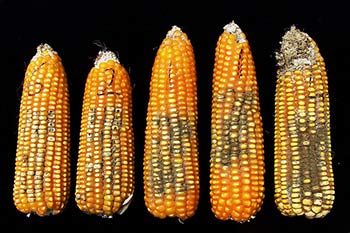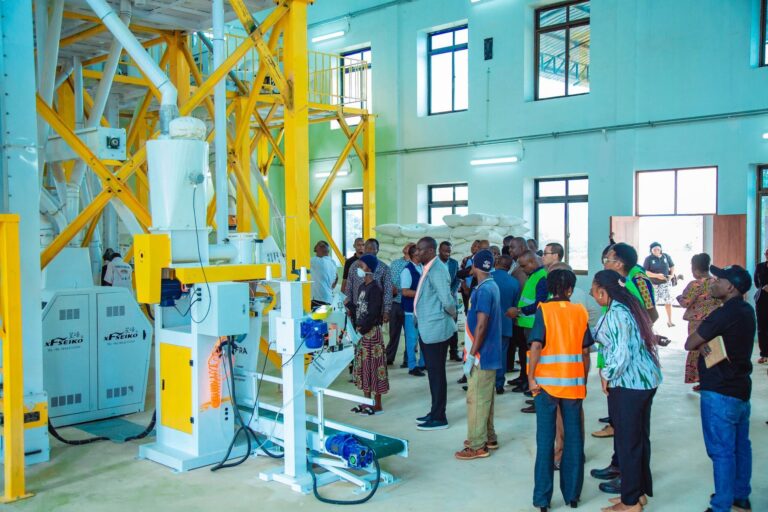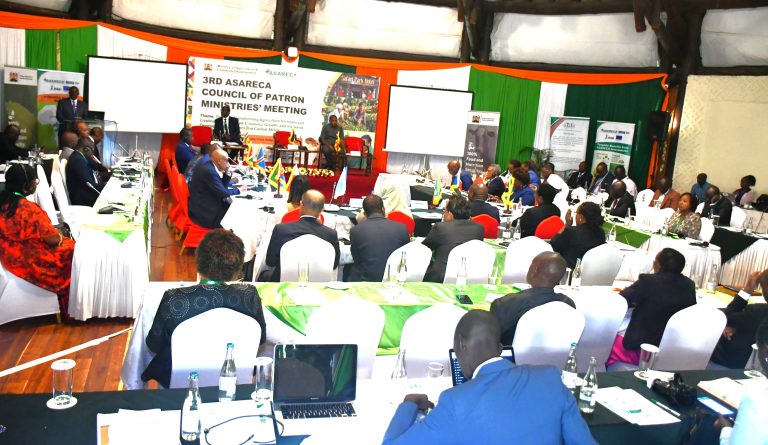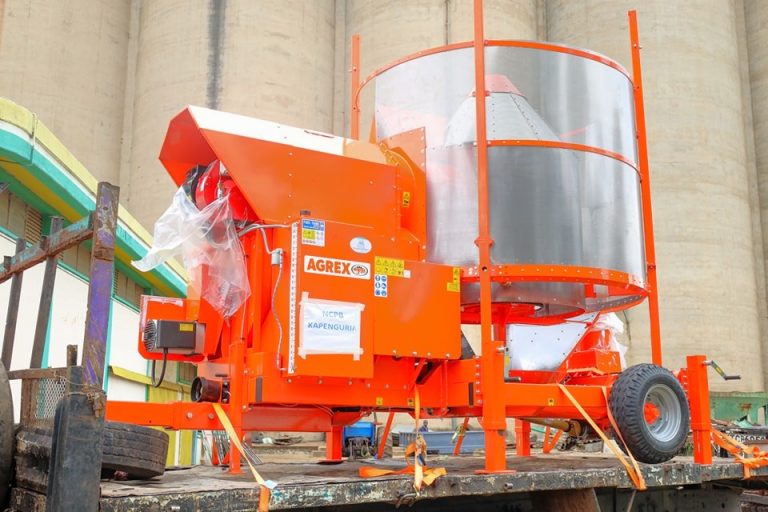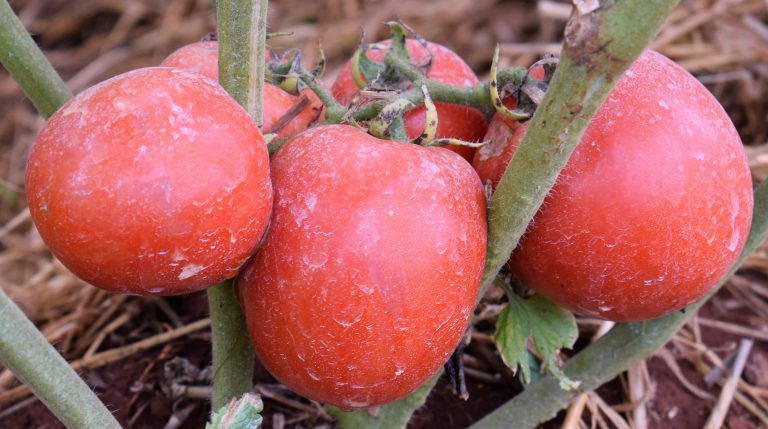by HENRY KINYUA
Ten years ago the late Dr Kioko Mangeli, former Managing Director of the Kenya Bureau of Standards, revealed that some 6,350-tonnes of imported maize was unfit for human consumption due to high levels of Aflatoxins. As a result, he predicted it would lead to an increase of cancer cases in Kenya within a few years. The ongoing cancer crisis has revived interest in Dr Mangeli’s words and the Aflatoxins issue.
Aflatoxins are any of a class of toxic compounds produced by certain fungi (moulds) found in food, which can cause liver damage and cancer. The fungi responsible for most poisoning is called Aspergillus flavus.
Aflatoxins have been reported in grains and nuts in Kenya from the turn of the century. So it is a problem we have had for a long time. The contaminated imports reported on by Dr. Mangeli therefore added to an existing problem in the country. For instance, in 2004, a major outbreak of aflatoxin poisoning occurred in Kenya. 317 cases were reported resulting in the deaths of 39% of reported cases. This reportedly resulted from consumption of contaminated maize.
A study that has sampled flours from shelves of supermarkets in Kenya showed high levels of Aflatoxins. One of my friends even said he will not be eating ugali, although I am yet to follow up on whether or not he has kept his vow.
If Aflatoxins have been a problem for such a long time in Kenya, what has been done about it?
This takes us to the good news: There have been a lot of efforts in managing Aflatoxins by various stakeholders, from sensitizing farmers on good agricultural practices and post-handling practices to the latest technology called AFLASAFE; a biological control that enables 4 types of good fungi to grow on maize while outcompeting the bad fungi (poison causing) in maize and nuts. This renders the bad fungi incapable of surviving. It is applied in the farms before tussling/flowering of maize for effective control.
Aflasafe was developed through a partnership between Kenya Agricultural and Livestock Research Organization (KALRO) and the International Institute of Tropical Agriculture (IITA).
KALRO has set up a manufacturing plant at their Katumani Facility in Machakos county. They have produced enough stocks to cover all maize produced in the country.
This leads us to the Business News: KALRO have floated a tender inviting proposals for a business opportunity to market and distribute Aflasafe. If you are in that business please visit KALRO’s website (www.kalro.org), download the tender documents and do as requested.


